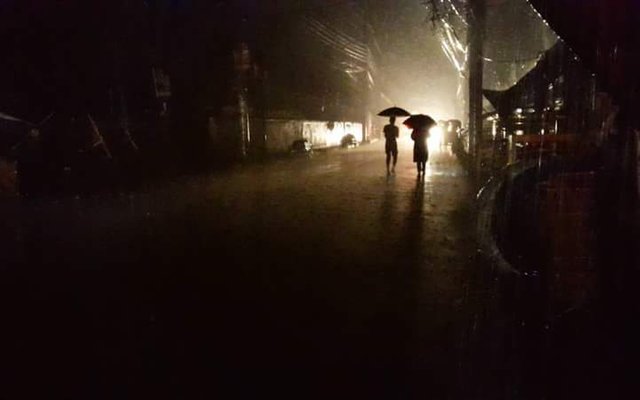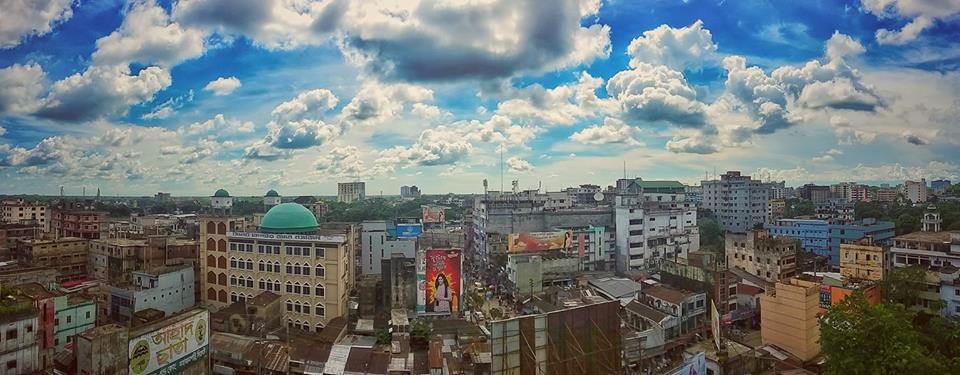Tips to take outstanding photo with any smart phone
- Clean The Lens
Your iPhone spends a lot of time in your pocket, a bag or in your hand, and as a result it will get dirty. Dirt, dust, grease and fingerprints on your lens will have a big effect on the quality of your photos.
There’s no point trying to take great photos if the glass of the lens is dirty. It will block light from entering the camera’s sensor and will leave smudges, blurs or dust spots on your images. A clean lens will ensure you get sharp, clear images with your iPhone.
- Set The Focus
The most important thing to look out for when taking a photo is to make sure that your subject is in sharp focus. To set the focus on the iPhone camera you simply tap the screen where your subject is in the frame. A small yellow square will appear to confirm the focus point.

If your subject is moving around, make sure you tap the screen just before you take the shot to ensure that they are in focus.
- Adjust Exposure Manually
When you tap on the subject to focus on them, the camera will also use the focus point to set the exposure in the shot. Exposure simply refers to how bright or dark the image is.

Allowing the camera to set exposure on the focus point isn’t always ideal. For example, if the subject is in a dark area of the frame, this could lead to the overall image being over-exposed (too bright) or vice versa.
- Don’t Use The Zoom
The iPhone has a zoom function which you can access by pinching or stretching two fingers on the screen. This brings up a zoom slider which you can slide with your finger to zoom in and get a closer view of your subject.
Unfortunately this is a digital zoom and not an optical zoom. In essence what happens with a digital zoom is that the image is cropped as you zoom in. This results in a noticeable loss in image quality the more you zoom in.
If you want to take a photo of a far away subject, don’t use the zoom. Walk closer instead and use the camera as normal without any zoom. You’ll end up with a far better quality shot.
Alternatively you can crop the image yourself in the editing process to bring the viewer closer to your subject. Cropping afterwards gives you more control over how much of the image you want to remove.
- Keep Your Camera Steady
Keeping your camera still is particularly important when taking photos in low light or at night. When you take a photo in these conditions, the iPhone camera will need to use a slow shutter speed to allow more light to hit the sensor. The problem with this is that any movement of the camera will result in a blurred image.
- Use The Rule Of Thirds
Getting focus and exposure right is crucial in photography, but composition is equally important. Without good composition, your photo isn’t likely to be very eye-catching.

The rule of thirds is one of the most useful composition techniques in photography. It’s an important concept to learn as it can be used in all types of photography to produce images which are more engaging and better balanced.
The rule of thirds involves mentally dividing up your image using two horizontal lines and two vertical lines, as shown below. You then position the important elements in your scene along those lines, or at the points where they meet.
- Use Leading Lines
Leading lines can be another very useful compositional tool. Using leading lines in a photo can help to focus the viewer’s eye on the main subject and lead the eye deeper into the image. It’s a simple technique that involves using vertical, horizontal or converging lines to focus attention on the subject of your image.

- Shoot From Different Perspectives
You should always look at alternative points of view when taking your photos at any location. Most beginners will take shots from a standing position, but the beauty of the iPhone is that it’s so small and light it can be used in places that a bigger camera wouldn’t work.

- Watch Out For Distracting Backgrounds
If you have a cluttered background in your photos it can distract attention away from your intended subject. If the backdrop to your photo has a lot of clashing and distracting colors, the best solution in this situation is to convert the photo to black and white.
- Take Multiple Shots
If you see something that catches your eye don’t just take one shot and hope for the best. The chances of getting a good photo with your first shot are very slim. You should take shots from various angles and distances.
- Use Panorama Mode
There are certain situations where the standard camera just won’t do justice to the scene you’re trying to capture. For example, you might want to take a shot of an expansive landscape, a cityscape or a wide building, but can’t fit everything in the frame. This is where you should use panorama mode.

- Don’t Over-Process Your Photos
Finally, you should resist the urge to use too many apps or overly strong effects when editing your photos. A lot of beginners make the mistake of thinking that using photo editing apps will turn a bad photo into a good one. It won’t. I know from experience. I have tried it enough over the years!
So true, people seem to overlook many of these simple tips! My phone has taken some of my personal favorite images over the years. The best camera is the one you have on you!
Congratulations @talhachowdhury! You have received a personal award!
Click on the badge to view your Board of Honor.
Do not miss the last post from @steemitboard:
SteemitBoard World Cup Contest - Round of 16 - Day 4
Participate in the SteemitBoard World Cup Contest!
Collect World Cup badges and win free SBD
Support the Gold Sponsors of the contest: @good-karma and @lukestokes
Congratulations @talhachowdhury! You received a personal award!
You can view your badges on your Steem Board and compare to others on the Steem Ranking
Vote for @Steemitboard as a witness to get one more award and increased upvotes!